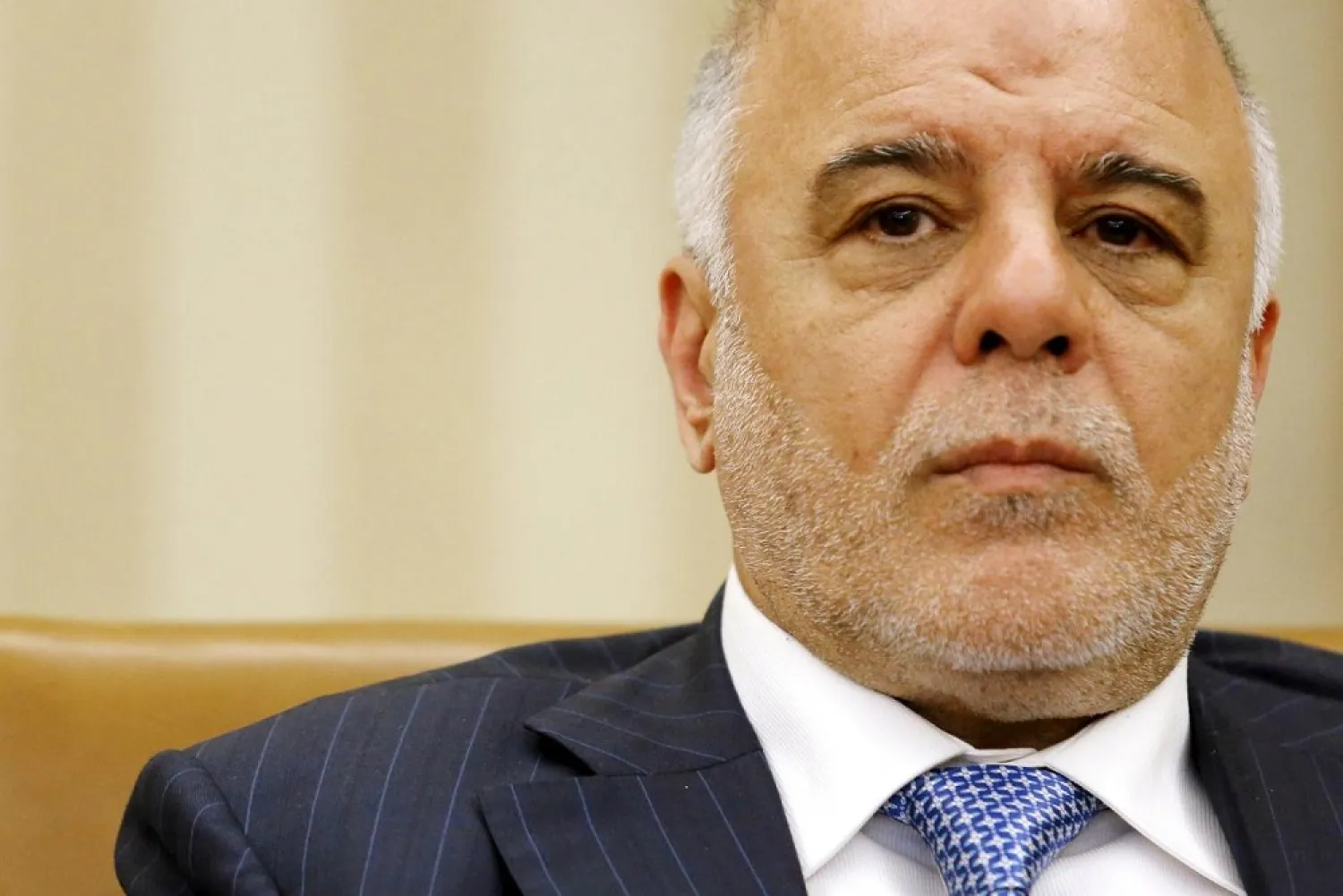Iraqi Prime Minister Haidar al-Abadi formally demanded on Monday the Iraqi Kurdistan Region to suspend its independence referendum set for September 25 as Turkey conducted military drills near the border with Iraq.
The Iraqi Supreme Federal Court approved Abadi's demand to consider "the breakaway of any region or province from Iraq as unconstitutional", his office said in a statement.
The court is in charge of settling disputes between the central government and the regions, including Kurdistan, but it has no means to implement its orders in the Kurdish region, which has its own police.
Also on Monday, British Secretary of Defense Michael Fallon was in Baghdad where he announced that he would be holding talks later during the day with Kurdistan President Masoud Barzani about the contentious vote.
He said he would try to persuade him to call off the referendum, which has also been opposed by Turkey and Turkey, who each have their own sizable Kurdish populations,
"I will be this afternoon in Irbil to tell Masoud Barzani that we do not support the Kurdish referendum," he said at a press conference.
"We are committed to the integrity of Iraq. We are working with the UN on alternatives to this referendum," he said before heading to the Iraqi Kurdish capital.
Barzani has said a "yes" vote would not trigger an immediate declaration of independence but rather kickstart "serious discussions" with Baghdad.
Earlier, the Turkish army announced that its armed forced launched military drills near the border with Iraq.
Around 100 military vehicles, mostly tanks, took part in Monday’s drill near the Habur border gate, a crossing point into Iraq, the private Dogan news agency said. Vehicles carrying missiles and howitzers also participated.
Turkish Prime Minister Binali Yildirim announced on Saturday that the vote is a matter of Turkish national security, warning that Turkey will take the necessary measures to confront it.
Ankara, the United States and western powers have urged the semi-autonomous Kurdistan region to call off the referendum, saying that it will only lead to more tensions.
They also said that it distracts from the war against the ISIS terrorist group in Iraq and Syria.
The United States and other Western nations are backing a UN-supported "alternative" plan for immediate negotiations on future relations in exchange for dropping the referendum.
Israel is alone in openly supporting Kurdish independence.
Turkey has not spelled out what response it might take if the referendum goes ahead. It has brought forward meetings of the cabinet and its national security council to Friday, three days ahead of the vote, to look again at the situation.
President Recep Tayyip Erdogan said on Sunday that he will meet Abadi this week in New York to discuss concerns about the referendum.









